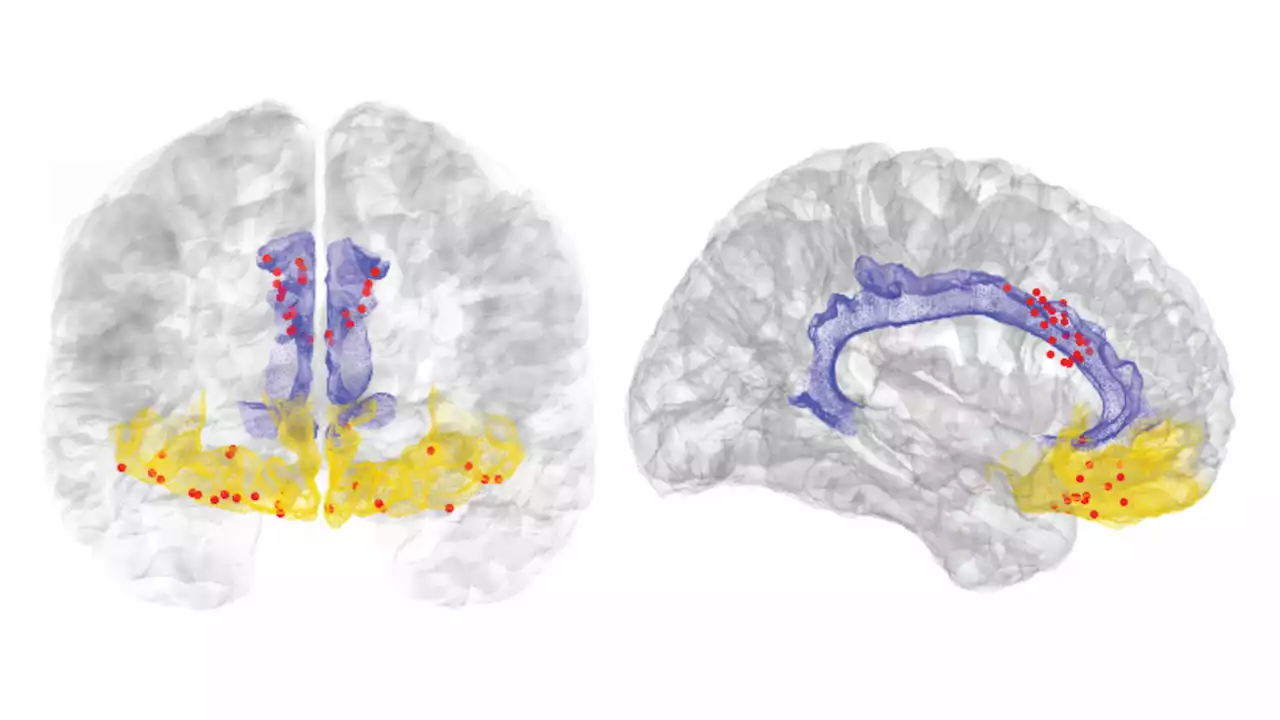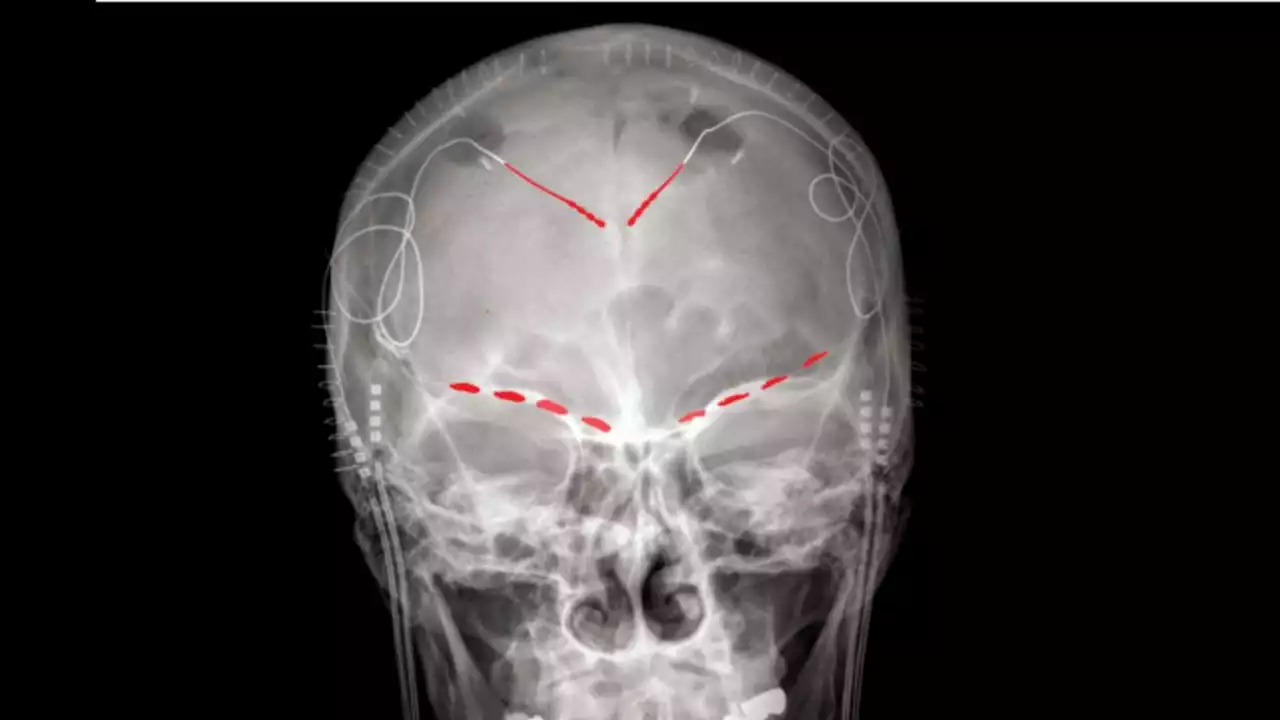Further evidence that chronic pain is essentially different from short-term pain, by showing that such pain is processed in a separate region of the brain.
The electrodes specifically targeted the OFC and the ACC, since prior studies had found that both regions light up during acute pain experiments, Shirvalkar said.
The patients then clicked a remote-control device that recorded their brain activity for about 30 seconds, providing a snapshot to compare to their self-reported pain, Shirvalkar said. “We learned that chronic pain can successfully be tracked, can actually successfully be predicted in the real world while patients aretheir dog, while patients are at home, when they get up in the morning, when they're going about their lives,” Shirvalkar said. “We actually developed an objective biomarker for that type of pain.”
Argentina Últimas Noticias, Argentina Titulares
Similar News:También puedes leer noticias similares a ésta que hemos recopilado de otras fuentes de noticias.
 In the Brain, Scientists Find New Clues to Treating Chronic PainChronic pain is widespread but poorly understood. Now, new research points to brain regions that could be targets for future treatments.
In the Brain, Scientists Find New Clues to Treating Chronic PainChronic pain is widespread but poorly understood. Now, new research points to brain regions that could be targets for future treatments.
Leer más »
 Scientists track brain activity associated with chronic painThe researchers from the University of California, San Francisco, implanted electrode-based devices into four patients suffering from severe chronic pain.
Scientists track brain activity associated with chronic painThe researchers from the University of California, San Francisco, implanted electrode-based devices into four patients suffering from severe chronic pain.
Leer más »
 Brain Study Finds Clues to Treating Chronic PainChronic pain is widespread but poorly understood. Now, new research points to brain regions that could be targets for future treatments.
Brain Study Finds Clues to Treating Chronic PainChronic pain is widespread but poorly understood. Now, new research points to brain regions that could be targets for future treatments.
Leer más »
 Brain implants have revealed a signature for chronic painBrain implants in four people with chronic pain gave researchers an inside look at the debilitating condition.
Brain implants have revealed a signature for chronic painBrain implants in four people with chronic pain gave researchers an inside look at the debilitating condition.
Leer más »
 Chronic pain linked to distinctive patterns of brain activityBetter understanding the brain patterns linked to persistent pain could open the door to new treatments
Chronic pain linked to distinctive patterns of brain activityBetter understanding the brain patterns linked to persistent pain could open the door to new treatments
Leer más »
 Brain signals underlying chronic pain could be 'short-circuited,' study suggestsNicoletta Lanese is the health channel editor at Live Science and was previously a news editor and staff writer at the site. She holds a graduate certificate in science communication from UC Santa Cruz and degrees in neuroscience and dance from the University of Florida. Her work has appeared in The Scientist, Science News, the Mercury News, Mongabay and Stanford Medicine Magazine, among other outlets. Based in NYC, she also remains heavily involved in dance and performs in local choreographers' work.
Brain signals underlying chronic pain could be 'short-circuited,' study suggestsNicoletta Lanese is the health channel editor at Live Science and was previously a news editor and staff writer at the site. She holds a graduate certificate in science communication from UC Santa Cruz and degrees in neuroscience and dance from the University of Florida. Her work has appeared in The Scientist, Science News, the Mercury News, Mongabay and Stanford Medicine Magazine, among other outlets. Based in NYC, she also remains heavily involved in dance and performs in local choreographers' work.
Leer más »
